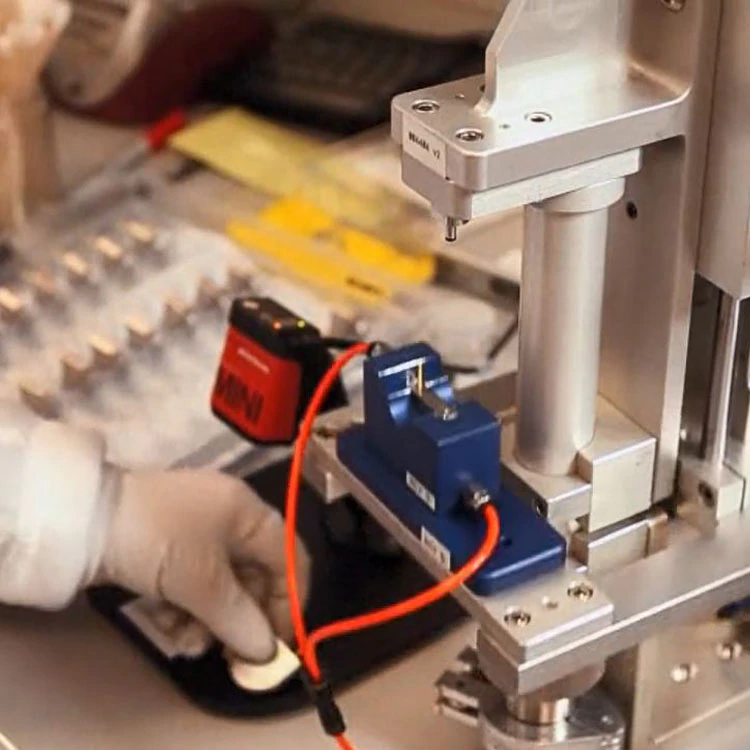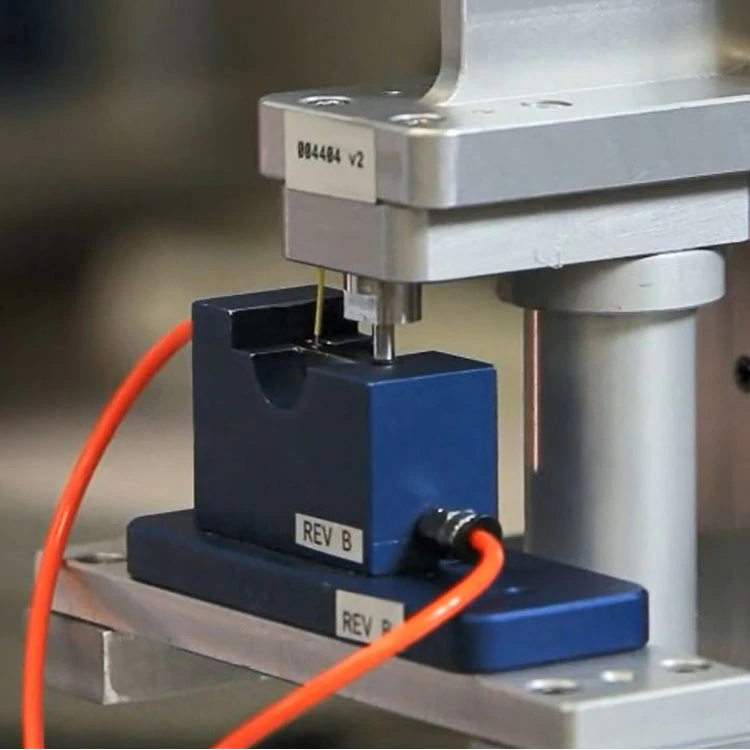Powering Up: Medtronic Focuses On Battery Quality And Safety
Unique battery facility sets high standards that are being shared in the industry.
July 2018 - Of all the sophisticated technology that goes into a battery-powered medical device, it’s hard to overstate the importance of the power source.
Batteries harness an internal chemical reaction to create electrical power. And batteries — especially rechargeable lithium-ion batteries — can be hazardous if not handled correctly.
“We obviously love the science and technology of what we do, the engineering of what we do,” said Gaurav Jain, Director of Research and Technology at the Medtronic Energy and Component Center (MECC). “But even higher than that, of course, is the reminder of how critical our job is because these are batteries that are going into devices that are inside people’s bodies.”
Medtronic is unique in the medical device industry because it designs, tests and builds its own batteries for use in some of its cardiac and neurostimulation devices. The company is an industry leader when it comes to battery safety.
Medtronic is unique in the medical device industry because it designs, tests and builds its own batteries for use in some of its cardiac and neurostimulation devices.
“The main reason Medtronic began doing this more than 40 years ago was because of safety, reliability and quality,” said Mark Otero, Vice President of MECC Operations & Cardiac Rhythm Heart Failure (CRHF) Operations. “Medtronic decided the best way to assure the highest quality was to design and build the batteries ourselves.”
The materials used to build implantable rechargeable medical device batteries are similar to those in cell phones. But even in that case, that’s where the similarities end. Medtronic uses several proprietary materials for the primary (non-rechargeable) batteries for life support implantable devices. These are unique and distinct compared to the consumer batteries. “In terms of the total energy or power inside that battery, it is, conservatively speaking, about one-twentieth that of a cell phone,” Jain said.
Medical device batteries are specifically designed to have a much longer life and added stability, and are also designed with wider margins for safety than typical commercial batteries.
They’re encased in laser-welded metal and their electrodes are hermetically sealed with glass.
“[The manufacturing process helps ensure that] nothing can get in and out of that battery because of that construction. That’s very unique and very different,” Jain said.
An estimated 250,000 people have received medical device implants using Medtronic rechargeable lithium-ion batteries. There has never been a confirmed battery-related failure in even one of those devices.
An estimated 250,000 people have received medical device implants using Medtronic rechargeable lithium-ion batteries. There has never been a confirmed battery-related failure in even one of those devices.
That track record is supported by a massive testing program. At any given time, Medtronic may be testing up to 20,000 batteries — subjecting them to extreme heat and other conditions far beyond what would happen inside the human body. Tests may be as short as a week or as long as 10 or 20 years.
“We definitely have a world-class test facility,” said Craig Schmidt, senior director of energy systems research and development at MECC. “We’re now at 15 years of real-time battery data in simulated use conditions. We’re constantly studying that data to look for ways of making our batteries even better.”
Once the batteries are built, Medtronic goes to great lengths to make sure finished products are safely packaged and shipped.
“It is extremely detailed,” said Stephane Rossetti, senior manager of supply chain and logistics at MECC.
Each completed battery fits into a precisely designed pocket in a custom-built shipping tray, then covered and hermetically sealed. The idea is to ensure that batteries do not touch each other during transport. The finished, packaged batteries are labelled and bar-coded and go through another round of packaging and sealing before they’re finally shipped to customers. Those finished packages must be able to withstand a United Nations mandated drop of 1.2 meters, from several angles, to ensure package integrity.
“We’ve been in business for over 40 years. We’ve never had an incident with battery failure during transportation. We are extremely proud of that,” Rossetti said.
Medtronic’s record of battery safety and expertise is so broad that Medtronic is engaged with federal and international transport regulators to develop a new classification scheme for lithium batteries that will more accurately account for the inherent hazards of different lithium batteries based upon their chemistry, design, and safety features.
“That’s the foundational attribute,” Jain said. “Everything that we work on — any new innovation that we work on — safety, quality and reliability are non-negotiable.”

